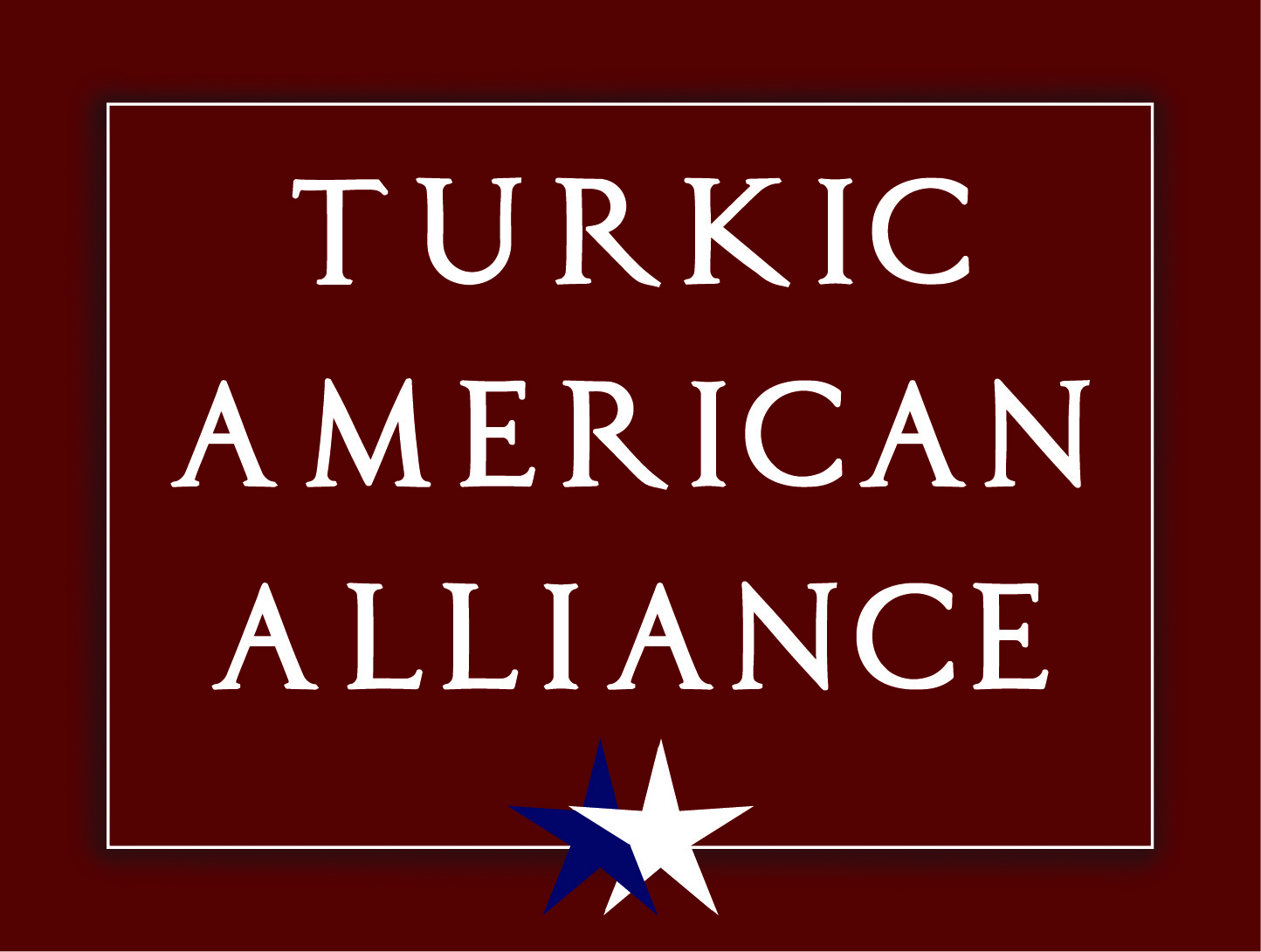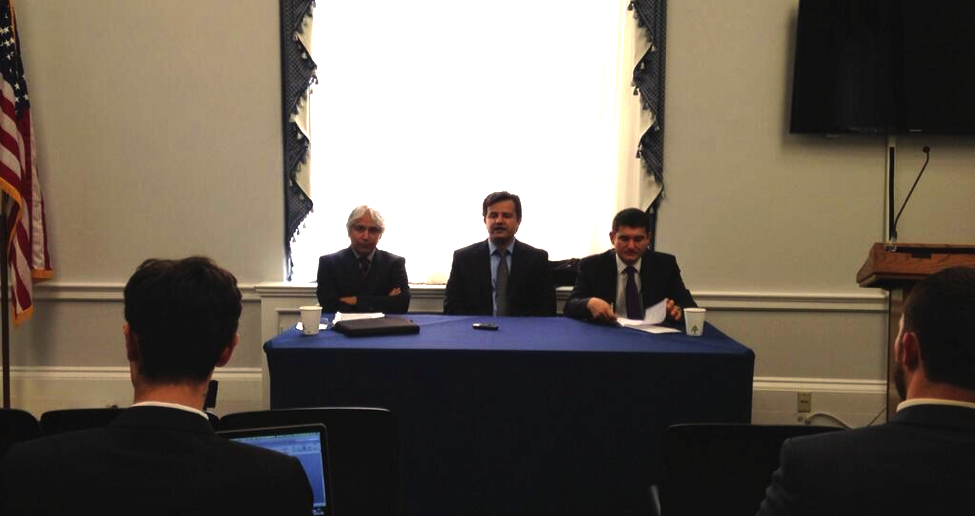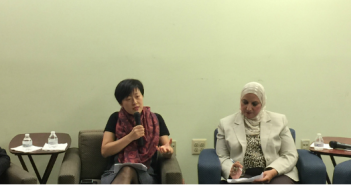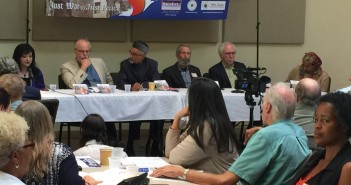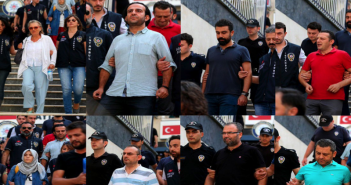On Wednesday, September 25, 2013, TAA hosted a panel discussion on Turkey’s Foreign Policy Challenges. Wednesday’s panel discussion took place on Capitol Hill in the Cannon House Office Building.
Turkic American Alliance President Faruk Taban opened the event with introductory remarks. He reminded guests that the last time TAA was on Capitol Hill was during Ramadan for an Iftar in which the keynote speaker was former Senator Richard Lugar. Dr. Taban also introduced the three panelists: Dr. İhsan Dağı, Professor in the Department of International Relations of Middle East Technical University; Dr. Çağrı Erhan, Professor in the Department of International Relations at Ankara University; and Dr. Fevzi Bilgin, the Executive Director at Rethink Institute.
Dr. Dağı was the first panelist to speak. He opened with the Syrian crisis, mentioning that Turkey feels abandoned by its Western allies. Turkey shares the longest land border with the troubled nation and reports that 500,000 refugees have crossed the border into Turkey from Syria within the past year alone. The Syrian crisis also poses serious democratic challenges for Turkey, among them terrorism, the killing of Turkish citizens along the border, and staggering economic costs that amount to $1.5 billion. This feeling of abandonment by Western allies, coupled with these grave democratic challenges, has led to what Dr. Dağı describes as a disillusionment with the West and the U.S. on the part of the elite ruling party. This has led many party members to sharply criticize the U.S. and to look almost favorably upon rising anti-Western sentiment in Turkey.
Dr. Çağrı spoke next. Dr. Çağrı took the audience back in time to the Cold War era, in which Turkish foreign policy was shaped by the polarizing ideologies of the U.S. and the Soviet Union. In the aftermath of the Cold War, the situation did not seem to much improve. Turkey was rocked during the 1990s with a deep-rooted economic crisis and violent conflicts throughout the region in the Persian Gulf, Bosnia, Kosovo and Chechnya. Enter the AK Party in 2001 with a brand new foreign policy agenda. According to Dr. Çağrı, the catalyst for the AK Party’s ascension to power was its willingness to become a member to the European Union. This willingness included “adaption packages” at the domestic level in order to fulfill the Copenhagen criteria. Inertia seeped in, however, by 2007-2008 as Turkish enthusiasm for joining the EU subsided.
In 2009, Turkey became embroiled by the WikiLeaks U.S. diplomatic cables scandal. Behind the office of the Secretary of State, Turkey had the most cables originating from its diplomatic offices in Ankara with a difference of only 99 cables. These leaks led to a strain in relations particularly with Prime Minister Maliki of Iraq. The situation seemed only downhill from there. Democratic reforms were slowing, the government was becoming more controlling of the press, universities and civil society, and Turkey’s foreign policy focus seemed to shift ever more towards the MENA region. Ironically, it seems that Turkey’s foreign policies have come full circle since the days of the Cold War, with Dr. Çağrı describing the situation in the Middle East as a “2-axis situation” in which parties are linked with regional and global powers. In the microcosm of Syria, Bashar al-Assad is linked with Iran and Russia, while the rebels with the U.S., Turkey, and the Gulf States, particularly Qatar and Saudi Arabia. At the macrocosm of the MENA region, however, Russia and China are linked with Iran, Syria and Hezbollah elements in Lebanon, while the U.S. with Saudi Arabia and other Gulf States, Israel and Turkey. Other regional and global actors include radicalized terrorist groups like Al-Qaeda and Al-Nusra Front. Dr. Çağrı concluded that the United States should do more to refortify Israeli-Turkish ties, which have never before since 1950 been so cold.
Dr. Fevzi Bilgin served as both panelist and moderator for the discussion. Dr. Bilgin briefly discussed natural gas pipeline projects in Eurasia, as well as the uncertain future of U.S.-Turkish relations despite Turkey’s strong and strategic “model partnership” with the United States.
Staffers from several Congressional and non-governmental offices were in attendance.
